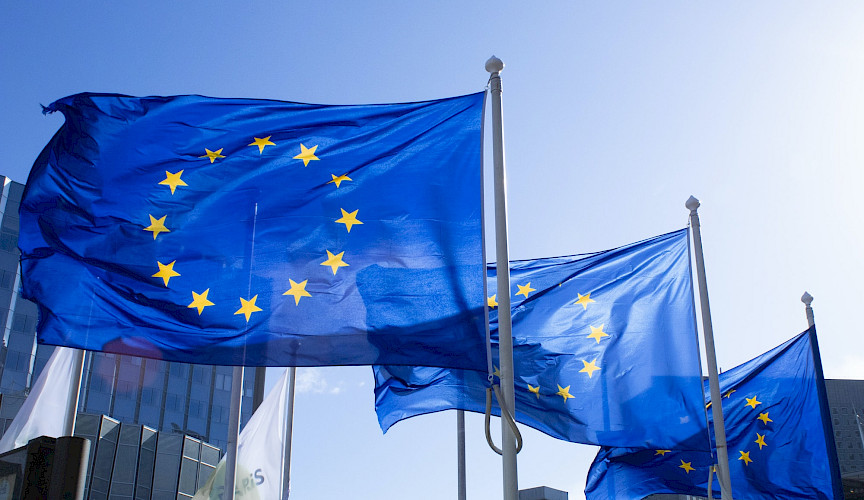
Sweden took on the presidency of the EU Council, for its third time, on January 1, 2023. The presidency is tasked with progressing the EU Council’s work on EU legislation, ensure the continuity of the EU’s agenda and ensure that the legislative processes take place in an orderly manner and that Member States cooperate. To do so, the presidency must act in accordance with what is described as a so-called honest broker.
So, what can we expect from the Swedish presidency during the coming 6 months?
On the digital side, there are high expectations on Sweden to finalize several key legislative acts within e-privacy, semiconductors and platform workers. The front-runner when it comes to attention and prestige ought to be the new and broadly applying regulation on responsible use of artificial intelligence, the AI Act. The preparation of the Act has been carried forward by both the French and the Czech presidencies and the latter ended their session in December with a victory by ensuring the Council adopted its common position (‘general approach’) on the AI Act. The adoption of the general approach will allow the Council led by the Swedish presidency to enter the trilogues with the European Parliament and the Commission with a view to reaching agreement on the proposed regulation. But first the European Parliament will have to settle its own position and vote in plenary. The vote is delayed but expectations are that it will happen in March of this year.
Following the vote in Parliament, we can expect intense work by the Swedes to ensure orderly trilogue meetings to finalize the legislation. In its role and an honest broker, the Swedish presidency will seek to anchor a concerted approach to European competitiveness at the top of the political agenda. The view is that the EU must continue to provide the best possible conditions for a sound and open economy based on free competition, private investment and successful digitalisation. In addition to competitiveness, the priority of democratic values and the rule of law, will be key. After all, EU is based on democratic values, paving the way for cohesion, individual freedoms, non-discrimination, increased economic output and global influence. Upholding the principle of the rule of law and fundamental rights is therefore an essential element of Sweden’s – and indeed every – presidency of the Council.
Finalizing the regulation on responsible AI will mean to strike a balance in many ways. If successful, it will be a legislative cornerstone and a global inspiration and, as such, shaping the world for many years to come.
It was in 2016 that Anna realised artificial intelligence technology (AI) was becoming the new general-purpose technology: a technology that would drastically impact the economy, businesses, people and society at-large. At the same time, she noticed that AI was also causing a negative externality — a new type of digital pollution. Consumers have opted in to receive the benefit of digitalization, but are simultaneously facing a dark cloud of bias, discrimination and lost autonomy that businesses needed to be held accountable for. In the traditional environmental sustainability model, organisations are held accountable for physical negative externalities, such as air or water pollution, by outraged consumers and sanctions handed down by regulators. Yet no one was holding technology companies accountable for the negative externalities — the digital pollution — of their AI technology. Regulators have had difficulties interpreting AI in order to appropriately regulate it and customers didn’t understand how their data was being used in the black box of AI algorithms.
Anna’s multidisciplinary research group at the Royal Institute of Technology was the origin to anch.AI. Anna founded anch.AI in 2018 to investigate the ethical, legal and societal ramifications of AI. The anch.AI platform is an insight engine with a unique methodology for screening, assessing, mitigating, auditing and reporting exposure to ethical risk in AI solutions. anch.AI believes that all organisations must conform to their ethical values and comply with existing and upcoming regulation in their AI solutions, creating innovations that humans can trust. It is an ethical insurance for companies and organisations.